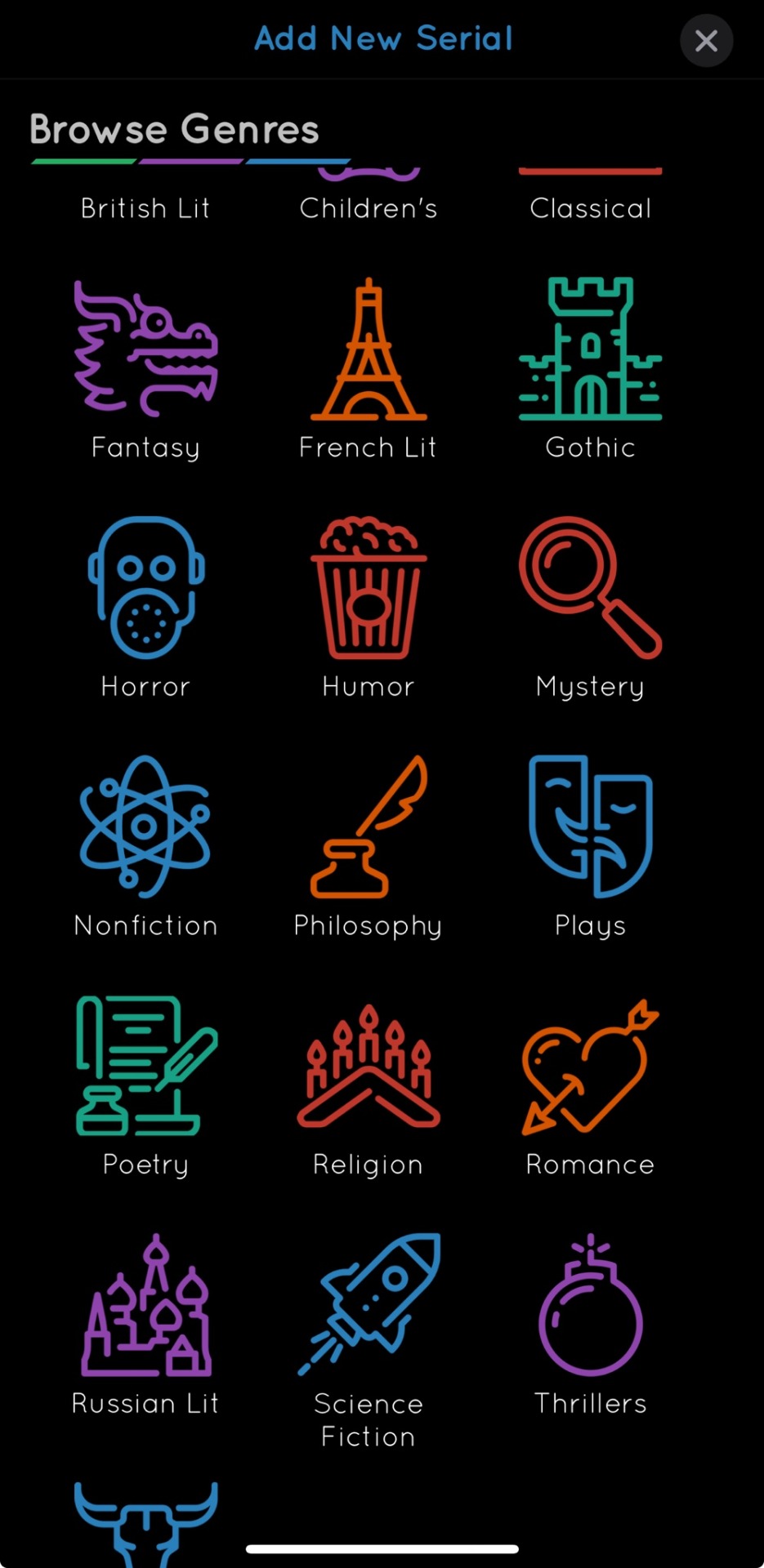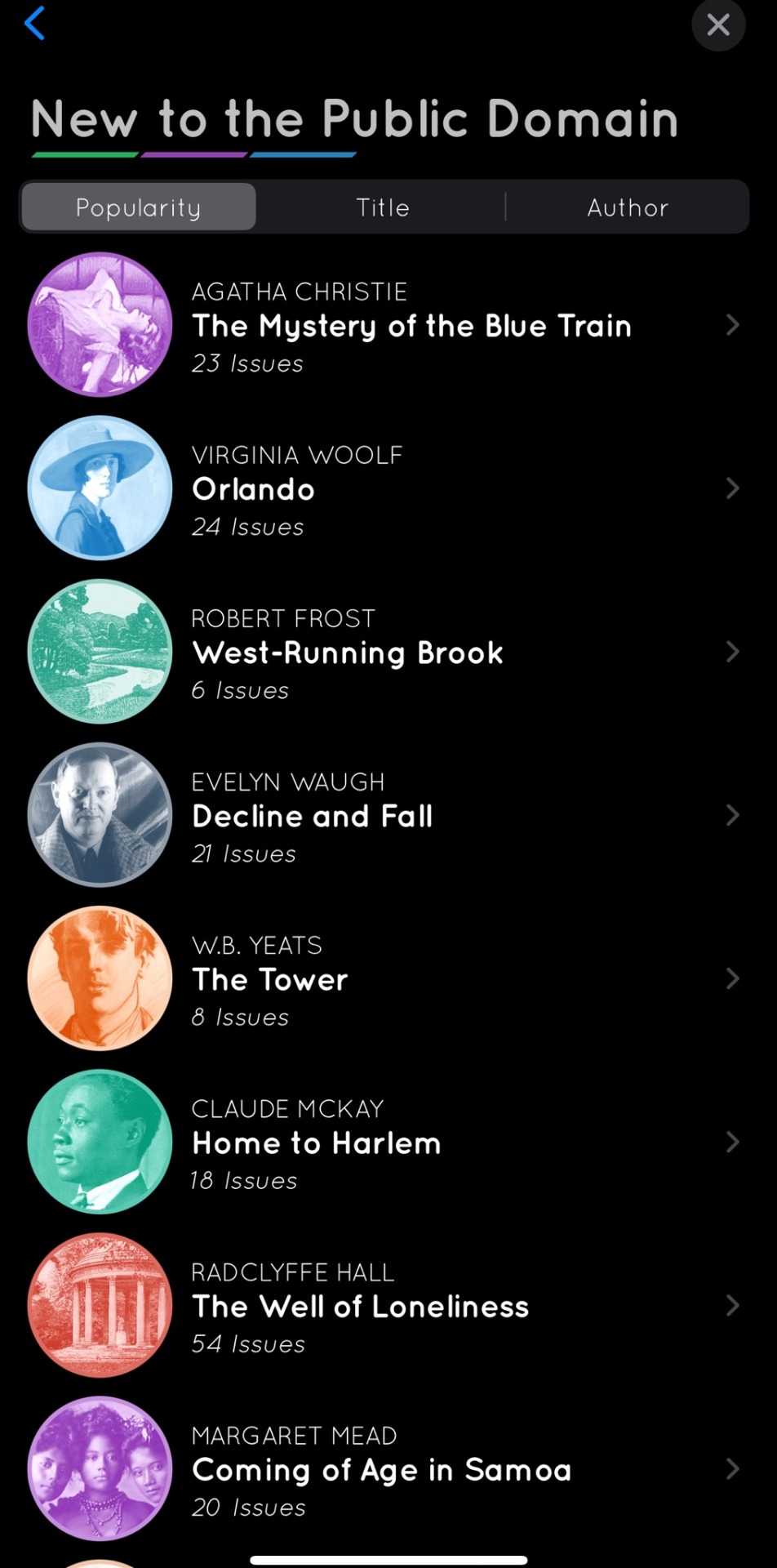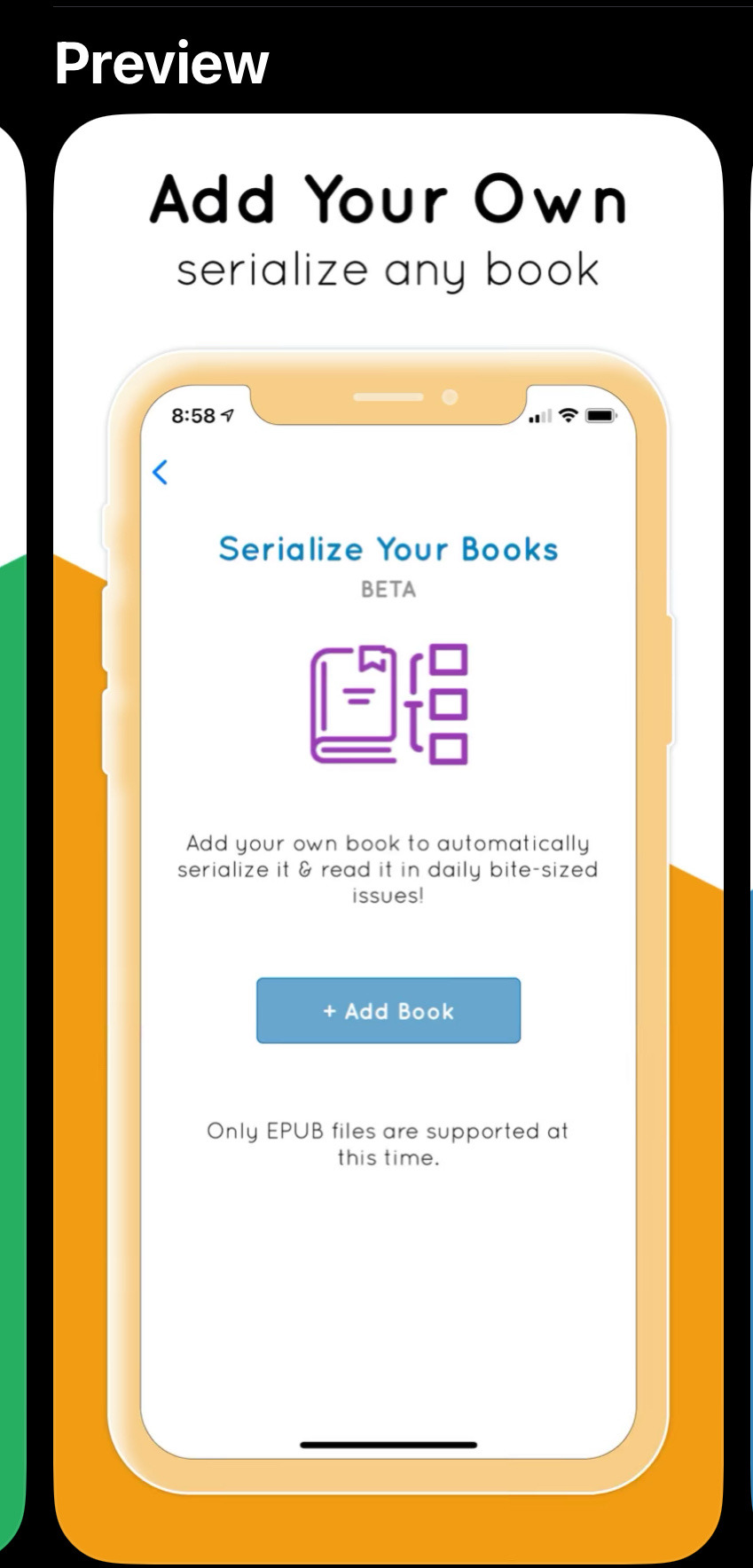
from written stories to videos to comics to handwriting // posting about writing, tropes, tips and references
732 posts
Poison List
Poison list
While it's important to approach writing with creativity and imagination, it's crucial to prioritize responsible and ethical storytelling. That being said, if you're looking for information on poisons for the purpose of writing fiction, it's essential to handle the subject matter with care and accuracy. Here is a list of some common poisons that you can use in your stories:
Hemlock: Hemlock is a highly poisonous plant that has been used as a poison in various works of literature. It can cause paralysis and respiratory failure.
Arsenic: Arsenic is a toxic element that has been historically used as a poison. It can be lethal in high doses and can cause symptoms such as vomiting, abdominal pain, and organ failure.
Cyanide: Cyanide is a fast-acting poison that affects the body's ability to use oxygen. It can cause rapid loss of consciousness and cardiac arrest.
Nightshade: Nightshade plants, such as Belladonna or Deadly Nightshade, contain toxic compounds that can cause hallucinations, respiratory distress, blurred vision, dizziness, an increased heart rate, and even death when ingested.
Ricin: Ricin is a potent poison derived from the castor bean plant. It can cause organ failure and has been used as a plot device in various fictional works.
Strychnine: Strychnine is a highly toxic alkaloid that affects the nervous system, leading to muscle spasms, convulsions, and respiratory failure.
Snake Venom: Various snake venoms can be used in fiction as deadly poisons. Different snake species have different types of venom, each with its own effects on the body.
Digitalis: Digitalis, derived from the foxglove plant, contains cardiac glycosides. It has been historically used to treat heart conditions, but in high doses, it can be toxic. Overdosing on digitalis can cause irregular heart rhythms, nausea, vomiting, and visual disturbances.
Lead: Lead poisoning, often resulting from the ingestion or inhalation of lead-based substances, has been a concern throughout history. Lead is a heavy metal that can affect the nervous system, leading to symptoms such as abdominal pain, cognitive impairment, anemia, and developmental issues, particularly in children.
Mercury: Mercury is a toxic heavy metal that has been used in various forms throughout history. Ingesting or inhaling mercury vapors can lead to mercury poisoning, causing symptoms like neurological impairment, kidney damage, respiratory issues, and gastrointestinal problems.
Aconite: Also known as Wolfsbane or Monkshood, aconite is a highly toxic plant. Its roots and leaves contain aconitine alkaloids, which can affect the heart and nervous system. Ingesting aconite can lead to symptoms like numbness, tingling, paralysis, cardiac arrhythmias, and respiratory failure.
Thallium: Thallium is a toxic heavy metal that can cause severe poisoning. It has been used as a poison due to its tastelessness and ability to mimic other substances. Thallium poisoning can lead to symptoms like hair loss, neurological issues, gastrointestinal disturbances, and damage to the kidneys and liver.
When incorporating poisons into your writing, it is essential to research and accurately portray the effects and symptoms associated with them. Additionally, be mindful of the potential impact your writing may have on readers and the importance of providing appropriate context and warnings if necessary.
If you want to read more posts about writing, please click here and give me a follow!

-
 purplitiouswolf liked this · 9 months ago
purplitiouswolf liked this · 9 months ago -
 animvs liked this · 9 months ago
animvs liked this · 9 months ago -
 life-is-chaotic-cause-more-chaos liked this · 9 months ago
life-is-chaotic-cause-more-chaos liked this · 9 months ago -
 tempestsuno liked this · 9 months ago
tempestsuno liked this · 9 months ago -
 romiunoriginal liked this · 9 months ago
romiunoriginal liked this · 9 months ago -
 fndkarolkook-blog liked this · 9 months ago
fndkarolkook-blog liked this · 9 months ago -
 jingleclarimonde liked this · 9 months ago
jingleclarimonde liked this · 9 months ago -
 011-hargreeves liked this · 9 months ago
011-hargreeves liked this · 9 months ago -
 nightmarz liked this · 9 months ago
nightmarz liked this · 9 months ago -
 acidicleafbat liked this · 9 months ago
acidicleafbat liked this · 9 months ago -
 tbardelas liked this · 9 months ago
tbardelas liked this · 9 months ago -
 robots-of-the-discotech reblogged this · 9 months ago
robots-of-the-discotech reblogged this · 9 months ago -
 robots-of-the-discotech liked this · 9 months ago
robots-of-the-discotech liked this · 9 months ago -
 paradox-machine-40 reblogged this · 9 months ago
paradox-machine-40 reblogged this · 9 months ago -
 tobiath liked this · 9 months ago
tobiath liked this · 9 months ago -
 astaphaeus liked this · 9 months ago
astaphaeus liked this · 9 months ago -
 cherry-blossom-22 liked this · 9 months ago
cherry-blossom-22 liked this · 9 months ago -
 jillianscorneroftheworld liked this · 9 months ago
jillianscorneroftheworld liked this · 9 months ago -
 yivenn reblogged this · 9 months ago
yivenn reblogged this · 9 months ago -
 mandocat liked this · 9 months ago
mandocat liked this · 9 months ago -
 arbitrarythinking liked this · 9 months ago
arbitrarythinking liked this · 9 months ago -
 curiouslykidding liked this · 9 months ago
curiouslykidding liked this · 9 months ago -
 call-me-schmidt reblogged this · 9 months ago
call-me-schmidt reblogged this · 9 months ago -
 thereweredragonshere liked this · 9 months ago
thereweredragonshere liked this · 9 months ago -
 mr-business-whump reblogged this · 9 months ago
mr-business-whump reblogged this · 9 months ago -
 crouton-moons liked this · 9 months ago
crouton-moons liked this · 9 months ago -
 dyanna-of-the-house-laken reblogged this · 10 months ago
dyanna-of-the-house-laken reblogged this · 10 months ago -
 dyanna-of-the-house-laken liked this · 10 months ago
dyanna-of-the-house-laken liked this · 10 months ago -
 cavernouswastaken liked this · 10 months ago
cavernouswastaken liked this · 10 months ago -
 strivia liked this · 10 months ago
strivia liked this · 10 months ago -
 procrastynut liked this · 10 months ago
procrastynut liked this · 10 months ago -
 mrmccat reblogged this · 10 months ago
mrmccat reblogged this · 10 months ago -
 arashinaru liked this · 10 months ago
arashinaru liked this · 10 months ago -
 anna-pineappel liked this · 10 months ago
anna-pineappel liked this · 10 months ago -
 toooldfortumbling liked this · 10 months ago
toooldfortumbling liked this · 10 months ago -
 saturdayprophet reblogged this · 10 months ago
saturdayprophet reblogged this · 10 months ago -
 myrling-art liked this · 10 months ago
myrling-art liked this · 10 months ago -
 dangerousmoron liked this · 10 months ago
dangerousmoron liked this · 10 months ago -
 toooldforthisbutstill reblogged this · 10 months ago
toooldforthisbutstill reblogged this · 10 months ago -
 belphegor1982 reblogged this · 10 months ago
belphegor1982 reblogged this · 10 months ago -
 chaosvinny liked this · 10 months ago
chaosvinny liked this · 10 months ago -
 transparentdetectivetale liked this · 10 months ago
transparentdetectivetale liked this · 10 months ago -
 amelia51515151 liked this · 10 months ago
amelia51515151 liked this · 10 months ago -
 4xesp liked this · 10 months ago
4xesp liked this · 10 months ago -
 whiteeyes-is-a-mad-scientist liked this · 10 months ago
whiteeyes-is-a-mad-scientist liked this · 10 months ago -
 erifefism liked this · 10 months ago
erifefism liked this · 10 months ago -
 lznaluthor liked this · 10 months ago
lznaluthor liked this · 10 months ago -
 mle-mre-12 liked this · 10 months ago
mle-mre-12 liked this · 10 months ago
More Posts from Theravenlyn-writes
In the first poetry workshop I ever took my professor said we could write about anything we wanted except for two things: our grandparents and our dogs. She said she had never read a good poem about a dog. I could only remember ever reading one poem about a dog before that point—a poem by Pablo Neruda, from which I only remembered the lines “We walked together on the shores of the sea/ In the lonely winter of Isla Negra.” Four years later I wrote a poem about how when I was a little girl I secretly baptized my dog in the bathtub because I was afraid she wouldn’t get into heaven. “Is this a good poem?” I wondered. The second poetry workshop, our professor made us put a bird in each one of our poems. I thought this was unbelievably stupid. This professor also hated when we wrote about hearts, she said no poet had ever written a good poem in which they mentioned a heart. I started collecting poems about hearts, first to spite her, but then because it became a habit I couldn’t break. The workshop after that, our professor would tell us the same story over and over about how his son had died during a blizzard. He would cry in front of us. He never told us we couldn’t write about anything, but I wrote a lot of poems about snow. At the end of the year he called me into his office and said, “looking at you, one wouldn’t think you’d be a very good writer” and I could feel all the pity inside of me curdling like milk. The fourth poetry workshop I ever took my professor made it clear that poets should not try to engage with popular culture. I noticed that the only poets he assigned were men. I wrote a poem about that scene in Grease 2 where a boy takes his girlfriend to a fallout shelter and tries to get her to have sex with him by tricking her into believing that nuclear war had begun. It was the first poem I ever published. The fifth poetry workshop I ever took our professor railed against the word blood. She thought that no poem should ever have the word “blood” in it, they were bloody enough already. She returned a draft of my poem with the word blood crossed out so hard the paper had torn. When I started teaching poetry workshops I promised myself I would never give my students any rules about what could or couldn’t be in their poems. They all wrote about basketball. I used to tally these poems when I’d go through the stack I had collected at the end of each class. 1, 2, 3, 4, 5, 6, 7 poems about basketball. This was Indiana. Eventually I couldn’t take it anymore. I told the class, “for the next assignment no one can write about basketball, please for the love of god choose another topic. Challenge yourselves.” Next time I collected their poems there was one student who had turned in another poem about basketball. I don’t know if he had been absent on the day I told them to choose another topic or if he had just done it to spite me. It’s the only student poem I can still really remember. At the time I wrote down the last lines of that poem in a notebook. “He threw the basketball and it came towards me like the sun”
EARNEST POSTING. while everyone is still working on new year’s resolutions i want to make sure everyone knows about the FREE serial reader app.

if you are trying to read more classics/public domain works but for whatever reason struggle with incorporating reading into your daily life, or you’re just intimidated by huge books, serial reader is a great tool to make reading more approachable. it works much like dracula daily in that it sends you one excerpt at a time (usually about 10-15 minutes of estimated reading time). awesome for commutes, lunch breaks, quick bedtime story, etc.


it’s very customizable. you can change fonts, themes, and you can even take notes and highlight. you can also sync with other reading apps like goodreads (no storygraph yet……. we can hope!). the base app is completely free, but there is a one-time optional upgrade fee of $2.99 USD if you want some extra features. this is all developed by one guy, so the money goes to supporting the creator - although i’m sure apple takes their cut 😑.

there are a ton of works to choose from, currently something like 800+.




you can now also add your own .epubs to break up your own books into daily serials! very cool, serial reader!

this was the best app i added last year so i just want to pass it on. happy reading! :)
Guys. Guys please. We have to remember that protagonist is not a stand in word for hero and antagonist is not a stand in word for villain. Please. We learned this in middle school. The protagonist is the character the audience follows. The antagonist is the character who is working against the protagonist.
if you're cringing at the genre conventions of the genre you are writing in then why the hell are you writing in it. either have something substantial to say about those conventions or shut the hell up! i will not cringe alongside you at superhero powers and spaceship battles and big eldritch worms and bone magic. i came to this story to SEE that shit and I don't appreciate it when an author tries to pretend they're above the very things they're selling themselves on
romance is lame and overrated i love mentor/mentee relationships in fiction and especially when theyre sort of fucked up